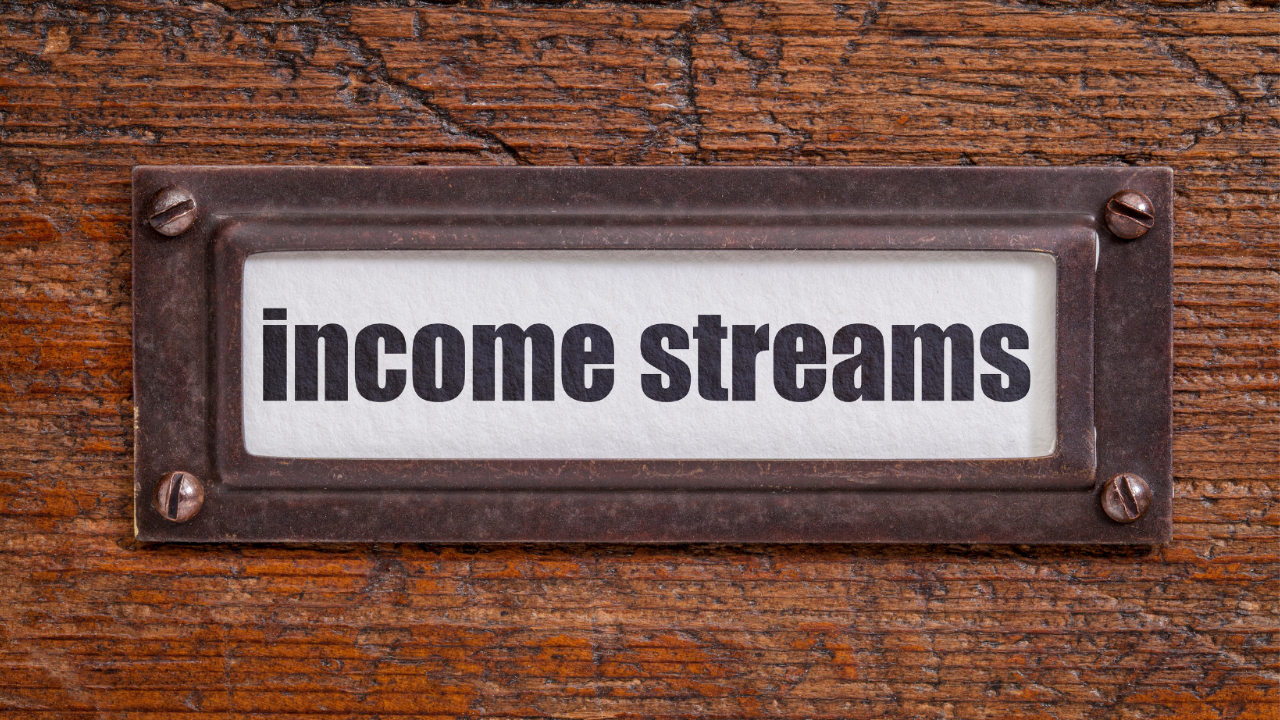Scam or Legit? How to Vet Writing Courses and Programs

As soon as people sign up for the RN2writer newsletter or take one of my courses, they begin to note that their online experience suddenly contains lots of ads for writing programs like “Barefoot Writer” and “AWAI.”
Then, the questions roll into my mailbox…
“Is this legit?”
“This program says it will match me with writing opportunities. Is that for real?”
“What do you know about this program?”
The unfortunate truth about the writing industry is that there are a lot of dubious players out there, ready to do anything they can to part a novice writer from their money. And while this type of behavior certainly has ramped up dramatically since the advent of the World Wide Web, scammers in the writing industry have been plying their trade for decades.
A Brief History of Literary Scams
Does anyone remember the “International Society of Poets”? They scammed my own mother back in the 80s – long before anyone was living online – and I’ve never had the heart to tell her.
My mother was a gifted writer and tried half-heartedly to become a professional freelancer herself, clear back in the 1960s. I still have a polite rejection letter (like, an actual paper letter) she received from a prominent women’s magazine, declining her essay.
Mom entered the International Society of Poets “contest” and…WON! The event played out in real life much like the famous scene from A Christmas Story: “I’ve won a major award!!”
Mom still talks about winning the poetry contest. To her, it validated her talent as a writer and marked the pinnacle of her career. She regrets she was not able to attend the awards banquet in person to receive her “major award.” She also regrets that my dad forbade her from paying the enormous fee (I believe it was in the neighborhood of $200) required to obtain the book that contained her poem. That’s how these scams often work: Everyone is declared a “winner” and given the “opportunity” to shell out a large sum of money for the “collectible edition” of the book containing their poem or story.
I’m thankful no one has ever divulged to my mother that ISP was a scam and that she did not, actually, win a real competition. That knowledge would crush her.
And this is why my heart holds a burning hatred for these types of scams: They steal from beautiful people like my mom and crush their writing dreams.
How to Tell if a Course or Program is Legitimate
Today, you’ll find a lot of writing courses and programs that advertise online. Heck, I advertise mine on Facebook. There’s nothing inherently wrong with advertising your wares, after all. The problem for the consumer is figuring out whether a program is a scam or not.
But, to me, that’s a backwards approach. Everyone defines “scam” differently. So, I’d rather devote some pixels here to showing you how to investigate a course or program to determine if it’s legitimate or not. Here’s what I recommend.
1. Look at the instructor or coach’s credentials
To me, this is Number One. If you can’t figure out who the individual behind the program is – and what their qualifications are – then maybe take the offer with a grain of salt. If you’re considering a program offered by a large corporation and can’t figure out who is actually behind it, then that could be a red flag.
In the case of RN2writer, for example, you can easily discover that there is one person behind the company: Yours truly. And you can easily perform a Google search to further learn that I made my living as a writer for over 10 years and that I have, in fact, earned more than $100,000 per year on multiple occasions.
You’ll be able to discover these facts because your search results will bring up my freelance website and also posts I’ve made on other people’s blogs, dating back many years. It’s very hard to fake that kind of social proof.
By contrast, some other nurses who coach or mentor other nurses on writing have never made their living as a freelancer – let alone earned six figures at it.
So, step one: Always vet the coach’s background. Your searching will tell you a lot about the legitimacy of their writing courses.
2. Avoid copywriting programs – except one
In my experience, the biggest writing scams involve copywriting training. Without naming names, these are the programs that advertise heavily using high-pressure sales tactics to get you to buy in quickly (because time’s running out!).
NB: Time is never running out. If it were, why do these places always have some special offer or other running – and have had for decades?
If you do nothing other than steer clear of copywriting programs, you’ll go a long way toward protecting yourself from being victimized by one of these companies.
But there’s one exception to this: Copyhackers.
In the case of Copyhackers, you can employ my Rule #1, above, and discover that Joanna Wiebe is behind the company. Joanna is legendary in her industry, with a bona fide track record of success. I unhesitatingly endorse her writing programs.
Full disclosure: I purchased Joanna’s earliest books on copywriting, and they improved my content enormously. I also frequently cite her “Diva List” blog post as a technique that helped me land more high-value clients.
3. Review what a coach/program freely publishes
Before you purchase a course or coaching services, take a deep dive into what the company freely publishes in its blog or newsletter – or what it gives away as free downloads. Is it truly useful content?
If a coach’s publicly available content primarily serves as a sales tool, then consider it a red flag. The best coaches and programs freely publish useful information that helps a person move forward in their new writing career whether or not they ever become a client. On the other hand, sketchy outfits may publish blog posts or a newsletter that mainly promote their paid courses and coaching services.
4. Search for reviews
Lastly, perform a comprehensive search for the course/program name plus search terms like “reviews,” “negative reviews,” “scam,” etc. You may be surprised at what you turn up.
One very useful site to search for writing scams is Ann Crispin’s venerable blog, Writer Beware. Way back in 2013, she wrote an entry about Barefoot Writer and AWAI that provides valuable insight and commentary into this dubious enterprise.
If this blog post helps one novice nurse-writer avoid getting scammed, I will be over the moon with joy. Freelance writing can be a jungle. Please protect yourself.






